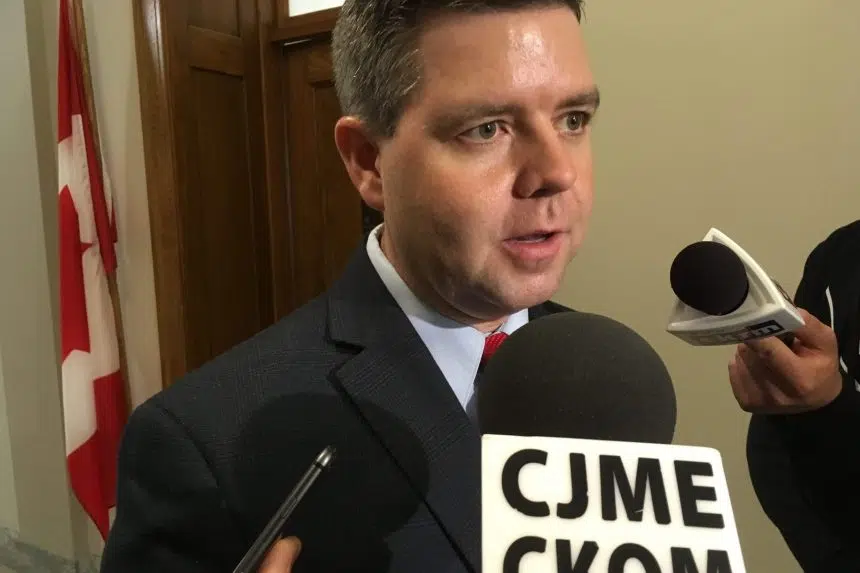As Saskatchewan frets about future trade with India, the provincial government is sending delegates to Europe to help improve trade and attract talent to the province.
Jeremy Harrison, Saskatchewan’s trade and export development minister, is to lead an upcoming delegation to the United Kingdom and Poland.
According to the provincial government, the mission is intended to help expand trade and co-operation in areas like “agriculture, critical minerals, innovative technology, immigration and talent attraction.”
Harrison said exports are critical to the provincial economy.
“With more than one in six jobs in the province tied directly to international exports, the province is committed to supporting a strong and growing economy by focusing on increasing trade and investment opportunities,” Harrison said in a statement.
“Continuing to develop our economic interests while strengthening existing partnerships and relationships is creating growth that works for everyone at home.”
The delegation is set to depart Saturday and return on Sept. 30.
The stop in the United Kingdom will include an event with the Critical Minerals Association, the provincial government noted, “with a particular focus on Saskatchewan Research Council’s (SRC) experience in rare earths processing.”
Mike Crabtree, the CEO of the SRC, said his organization is currently developing North America’s first fully integrated facility to process rare earth elements, which will position the province as a world leader in the industry.
“As the world looks to secure access to critical minerals essential for telecommunications, computing and clean energy, Saskatchewan is well-positioned to meet these demands. This mission is critical to finding the necessary global collaborators to move this key strategic priority forward,” Crabtree said in a statement.
After the U.K. visit, Harrison – who also serves as Saskatchewan’s immigration minister – is to head to Poland for trade and investment meetings, and to support an international recruitment initiative aiming to attract skilled workers to high-demand positions in Saskatchewan.
“This will allow the province to provide co-ordinated settlement services, such as foreign qualification recognition pathways,” the government noted.












